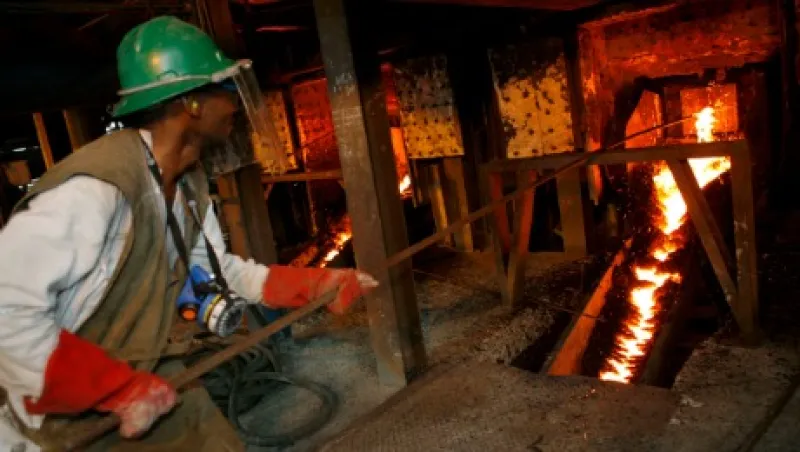The blowout in commodity prices over the past 18 months has had as much to do with producers adding too much new capacity as it has had to do with China entering a lower gross domestic product growth environment. That said, the new character of China’s growth is less resource-intensive: oriented less toward the expansion of infrastructure and the productive side of the economy and more toward the expansion of the consumer sector.
If China can be blamed in any way for what has happened to commodity prices since mid-2014, it is in the sense that its physical demand for commodities has not grown at a pace sufficient to absorb all the new supply coming online from the world’s commodity exporters, from Australian iron ore to Zambian copper.
The combination of significant new supply and the maturing nature of Chinese demand has had a negative impact on Africa. The prices of commodity exports from the continent have fallen faster than its imports of manufactured goods. First and foremost, the 2016 outlook for Africa consequently involves adapting to a world that is now oversupplied in terms of oil and minerals.
There has been another external factor weighing on Africa’s prospects. The U.S. dollar, the currency that the overwhelming majority of African nations use to denominate external trade, has been strengthening for more than two years. Not only has this currency appreciation undermined commodity prices, by sapping liquidity out of the global trading arena, but it has also undermined overall global growth. With U.S. interest rates no longer scraping zero, the giant monetary sucking sound coming from the U.S. looks likely to continue through at least much of 2016. This trend might reverse if U.S. GDP growth were to stall, which would force the Federal Reserve to end its monetary policy tightening.
Against this backdrop, the outlook for Africa’s growth prospects in 2016 is probably more clouded than it has been in this century so far. Even so, many positive structural trends remain intact, as do some cyclical ones. Most notably, Africa’s advantages lie in its demographics, its telephony (mobile has leapfrogged over a landline phase) and its maturing politics, highlighted by the recent elections of Nigerian President Muhammadu Buhari and Tanzanian President John (“the Bulldozer”) Magufuli.
Although not without problems, countries in East Africa — notably, Burundi and Somalia — appear to be making the most economic progress within Africa. Part of the reason is that this region’s exports are the least geared to oil and minerals. In most cases, the countries of the region are net importers of both. Their commodity exports are typically more agricultural in nature, and agribusiness export prices have generally performed much better than those of minerals and oil. In addition, lower oil prices are a windfall for most of the oil-importing countries in the region.
But East Africa’s relatively rosy prospects go far deeper than exporting — and importing — the right commodities. Being adjacent to the Indian Ocean, and facing a resurgent Asia, is a huge advantage. Furthermore, the governments of this region appear prepared to envision their place within their wider region and within the shift of the economic center of gravity from west to east and then cooperate with their neighbors to turn that vision into a reality. In 2016 expect this foresight to start paying off handsomely, setting this region apart from others in Africa.
This will be a tough year for Africa, but as East Africa shows, it need not be a lost year. With the continued support of partners — including China — that see the long-term potential of the continent, 2016 could well be a year when those countries with true foresight will make significant progress. And, perhaps surprisingly, this means most progress will probably be made by Africa’s second-tier nations, not its first-tier ones.
Michael Power is a strategist with Investec Asset Management in Cape Town.
Get more on emerging markets.






